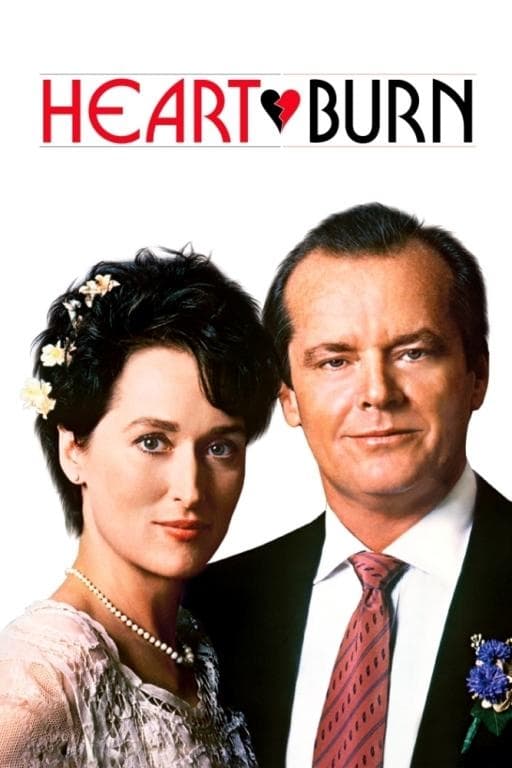Started out interesting, with a fast-paced and charming love affair. But the ensuing squabbles are a little scripted and forced. It’s apparent that this is a personal story written by someone who’s been hurt, but instead of a story of growth, redemption, or hope, it comes across as a whine session.
But this movie is significant in other ways. In the mid-80’s, we start to see stories and characters that are more “real”. Actors are looser, long takes and ad-libbing depart from the script and lighten things up a bit. It’s interesting to see, but in this one, some of the long takes are perhaps a bit too long.
Movies around this time also pushed emotional boundaries in ways we’ve never seen before. Stories from 80’s movies featured diseases, emotional issues, adolescence, complicated family situations, and an emerging feminist voice.
Previous attempts to portray asshole husbands usually cast them as buffoons in comedies. Their antics were laughable, and their wives were written to be indifferent and unaffected. Ironically, they often played the “straight man” to their comedy partner husband.
But in the 80’s, we start to see movies showing how women could really be victimized by asshole men in a deep, emotional way. For the first time, it’s OK for women to complain about these asshole men in a serious way, and it’s OK for the audience to sympathize with them. Is Heartburn one of the first times we have seen this play out in a movie?
Streep is good at being believably youthful and flirty and timid and unsure and vulnerable. What range she has. When you look at the variety of movies she’s been in, it’s a pretty impressive resume. Letting Jack go on and on trying to be funny doesn’t work because he’s not very funny
I do love that Carly Simon song, though maybe even great songs can be overused in a movie?

 I'm a
I'm a
Recent Comments